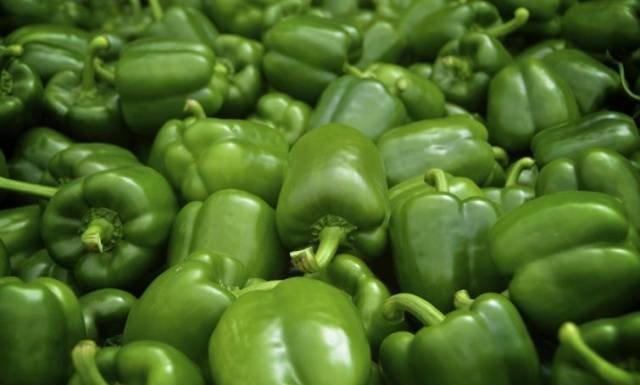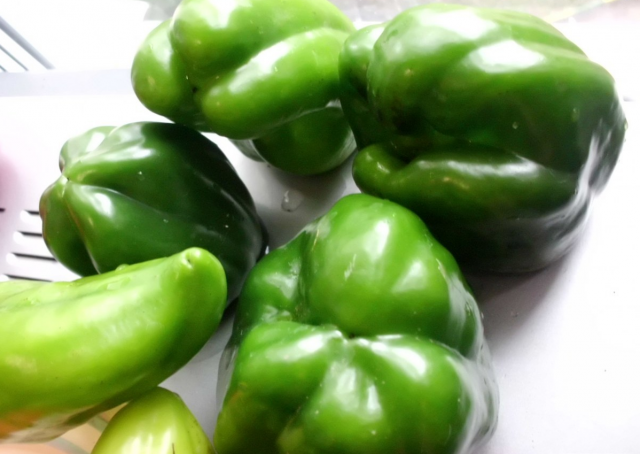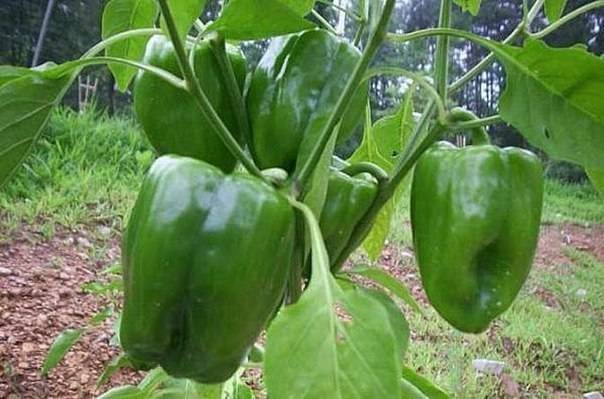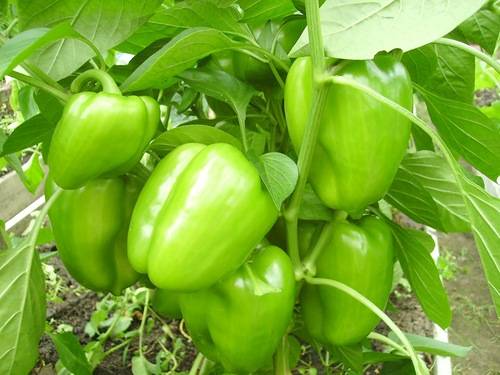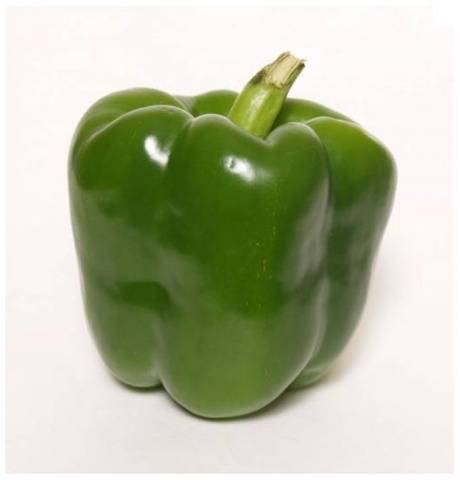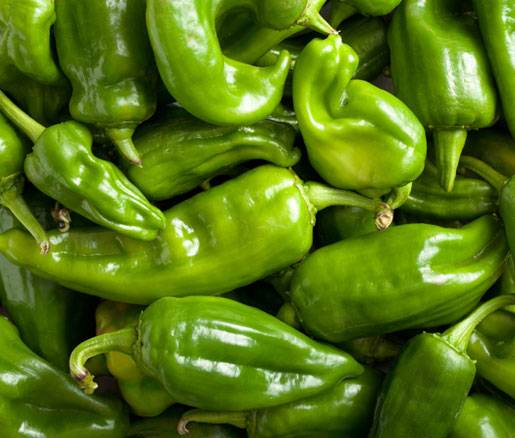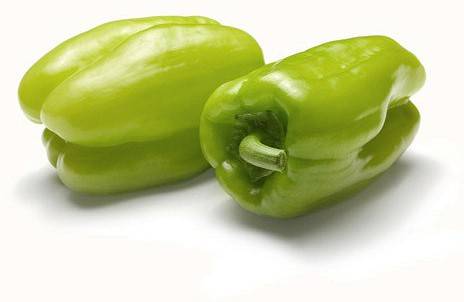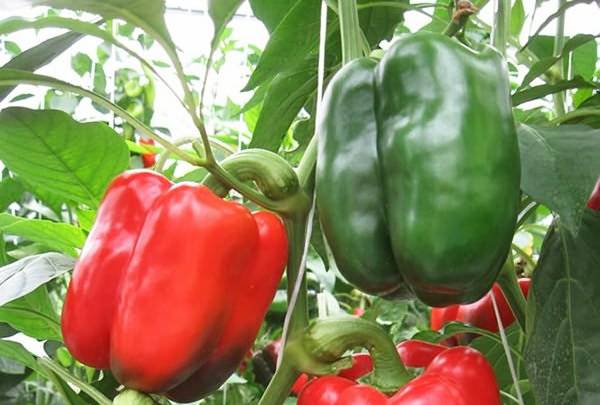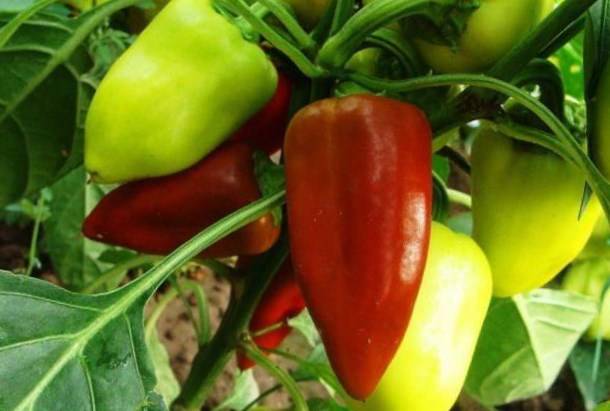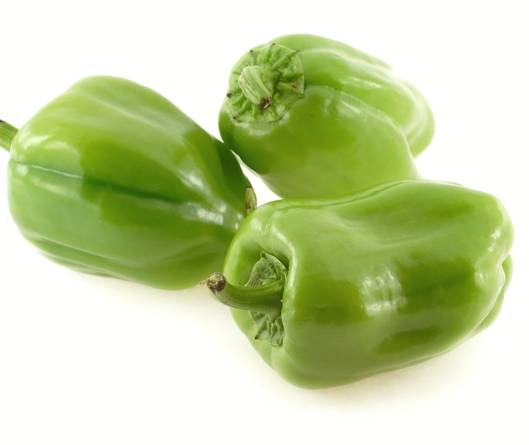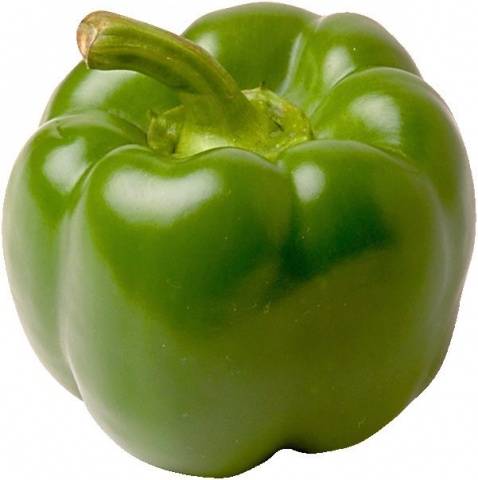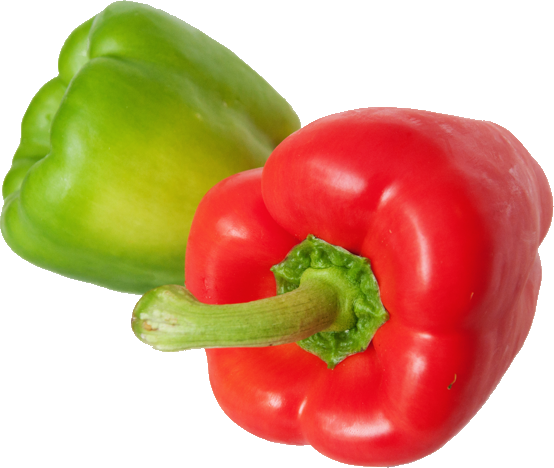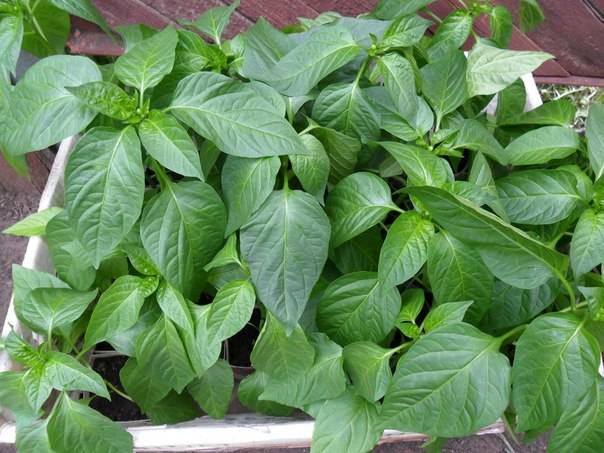Content
Bell peppers are one of the most popular of the annual herbaceous plants in the nightshade family. Warm Central America became his homeland. Despite the strong difference between our climate and the conditions usual for it, it is successfully grown in our country. There are so many varieties of sweet peppers that even the most fastidious gardener can choose a variety to his liking. Among all this variety, there are also green varieties of sweet peppers. It is them that we will consider in this article.
Benefit
All varieties of sweet peppers are distinguished by their composition rich in nutrients. It contains vitamins and minerals such as:
- vitamin C;
- vitamin A;
- B vitamins;
- vitamins of group P;
- sodium;
- magnesium;
- iron and other vitamins and minerals.
Unlike red and yellow varieties, green bell peppers contain slightly less vitamin C. But its benefits are not diminished. After all, the main part of this vitamin is concentrated in the pulp near the stalk, and we, as a rule, cut it off when cooking.
This composition of green sweet peppers will help with the following health problems:
- insomnia;
- chronic fatigue;
- depression.
In addition to normalizing the functioning of the nervous system, sweet peppers have a beneficial effect on the functioning of the circulatory system. It will significantly reduce the likelihood of blood clots due to its constituent antioxidants.
It will also be useful for the digestive system. For people with diseases of this body system, it is recommended to eat at least 100 grams of pepper per day.
Eating sweet peppers will help women who are expecting a baby forget about problems with their skin, hair and nails.
The benefits of this member of the nightshade family will be noticeable only with moderate use. Excessive consumption of peppers can greatly increase the acidity of the stomach, thereby causing gastritis and ulcers. In addition, it is not recommended to lean on it for people suffering from:
- diseases of the kidneys and liver;
- hypertension;
- hemorrhoids;
- epilepsy.
This does not mean that people with such diseases should stop using it. They just shouldn't eat more than 1 pepper daily.
In general, green bell peppers are an inexpensive but very healthy vegetable that can be successfully grown on your site.
Characteristics of varieties
There are not so many varieties of green peppers. They differ from other varieties only in that during the period of technical maturity, their green fruits do not taste bitter and can be eaten.
Early
Fruiting of these varieties will not keep you waiting. It will come within 100 days from the moment of germination.
Atlantic F1
This hybrid variety is one of the leaders in fruit size. Tall bushes of the Atlantic F1 hybrid begin to bear fruit after 90-100 days from the appearance of the first shoots. Peppers of this variety have the following parameters: 20 cm in length, 12 cm in width and weight up to 500 grams. They have fairly thick walls - about 9 mm.The green color of the pepper, as it ripens, changes to dark red.
Atlantic F1 is perfect for both open ground and greenhouses. Long pepper this variety has good immunity to the tobacco mosaic virus.
Giant Dutch
This variety can be equated with ultra-early varieties. Its fruiting occurs within 80 days from the emergence of shoots. It has vigorous shrubs up to 70 cm in height. A distinctive feature of the green peppers of the Giant of Holland is their excellent taste. Its fruits are up to 11 cm long and up to 10 cm wide. Before reaching full maturity, the peppers are green in color, and then red. There is no bitterness in the taste of their pulp, it is juicy, dense and can be equally used both fresh and for cooking. The thickness of its walls will be about 7 cm.
The yield of the Dutch Giant will be about 3 kg per square meter. The variety has good resistance to many diseases and long shelf life.
Viking
From the moment the shoots appear, no more than 100 days will pass, and the medium-sized Viking bushes will already delight the gardener with cylindrical fruits. Since this variety belongs to green varieties, even the most immature pepper will be devoid of bitterness in taste. The weight of a ripe fruit will not exceed 100 grams, and its color will be deep red.
The variety is characterized by increased productivity and resistance to the tobacco mosaic virus.
Green miracle
It is one of the earliest sweet pepper varieties - just 75 days from germination. Its name speaks for itself. Dark green peppers of this variety can be used during the period of technical ripeness no worse than during the biological period. It has the shape of a three- or four-sided cube with a height of up to 12 cm and a width of up to 10 cm. The thickness of the walls of the Green Miracle will not exceed 7 mm.
The variety is perfect for both greenhouses and open ground. It is resistant to potato virus and tobacco mosaic.
Average
The harvest of these varieties can be collected in 110 - 130 days from the first shoots.
Pomegranate
Green long pepper of this variety is located on medium-sized bushes up to 45 cm high. It has a pod-shaped shape and weighs up to 35 grams. The green color of the fruit gradually changes to dark red. The pulp of this variety is distinguished not only by its taste, but also by a high content of nutrients.
This is one of the cold-resistant varieties. In addition, it has resistance to verticillium.
Ermak
This variety is distinguished by semi-bouquet bushes of a compact size. Their height will be only 35 cm.
Ermak pepper is up to 12 cm long and weighs up to 100 grams. It has medium-sized walls - no more than 5 mm. This long pepper has an elongated cone shape and a juicy flesh. During the period of biological maturity, the color of the pepper changes to red.
The high yield of Ermak allows you to collect at least 3 kg of fruit per square meter.
F1 Winner Cup
Harvesting its fruits will have to wait up to 115 days. This hybrid variety has semi-spreading bushes of medium height. Among their dark green large leaves, it is difficult to see the fruits. The dark green pepper of this hybrid looks like a cylinder and weighs about 170 grams. Ribbing is strongly pronounced on its glossy surface. After reaching biological maturity, the color of the pepper becomes deep red. The hybrid variety Cup Winner F1 is distinguished by its taste characteristics.
This is a high-yielding hybrid - up to 6.5 kg per square meter.
Titanium
Titan bushes have large dark green leaves. Each of them can simultaneously form up to 8 fruits. The pepper is quite small in size, weighing up to 250 grams. Its wall thickness will be about 7 mm. It has a prismatic shape and a rather glossy surface. At full maturity, the light green color of the pepper changes to red. Titanium pulp has excellent taste.
The yield per square meter will be no more than 6.5 kg. Titanium is resistant to verticillium.
Late
The harvest of these varieties will have to wait the longest - more than 130 days. They are ideal for greenhouses and open ground in the southern regions.
Gift of Altai
Green pepper varieties Dar Altai has the shape of an elongated prism. Its weight will not exceed 250 grams, and the wall thickness will be about 7 mm. There is no bitterness in the taste of the pulp of this pepper, therefore its use is defined as universal. As it ripens, its green long pepper takes on a red color.
The variety is distinguished by its high yield. It will be at least 6 kg per square meter. In addition, Dar of Altai is resistant to the tobacco mosaic virus.
Marshmallow
It is rightfully considered one of the best among the late-ripening varieties. He has sprawling, medium-sized bushes up to 80 cm in height. Zephyr pepper has the shape of a ball up to 12 cm long. Its weight will not exceed 300 grams, and the width of the walls will be 8 mm. The pulp of the fruit is quite juicy and sweet. It is perfect for consumption both fresh and canned.
The yield of Zephyr will be about 1 ton per one hundred square meters of land. In addition, the variety also has excellent drought and disease resistance. Its fruits can retain taste and marketability for a long time.
Novocherkasskiy 35
It is characterized by tall half-stemmed bushes up to 100 cm in length. In contrast, the fruits cannot boast of a large size. Their length will be no more than 9 cm and weigh 70 grams. The fruit wall thickness will not exceed 5 mm. In its shape, the green fruits of Novocherkassk 35 are similar to a truncated pyramid. During the period of maximum maturity, their smooth surface is colored red. They have tender and sweet flesh. It is ideal for canning.
This variety has a high yield. From one square meter it will be possible to collect from 10 to 14 kg of peppers. Novocherkassk 35 is not afraid of the most common diseases of peppers, including the tobacco mosaic virus.
Growing recommendations
Pepper is very demanding on heat, therefore, in our latitudes, it is grown only in seedlings. It is best to plant seeds for seedlings in February. The southern regions can start preparing seedlings in March.
It is recommended to plant pre-soaked swollen seeds. This will significantly increase the rate of their germination. If a large container is used for planting, then planting seeds should be done every 5 cm.But since almost all crops of the nightshade family do not tolerate transplanting well, it is better to plant seeds in separate containers, several pieces each.
The first shoots of pepper appear after 2-3 days. Further care for young seedlings is only regular watering with warm water.
To provide young seedlings with a faster adaptation in a permanent place, they must be hardened. To do this, at night, you need to provide young pepper plants with a temperature of +10 to +15 degrees.
Ready seedlings are planted in open ground or a greenhouse not earlier than the end of May. In this case, it is important to wait for the air temperature from +15 degrees. The optimal distance between adjacent plants is 45-50 cm.
Pepper needs pinching. There should be no more than 5 stepchildren on one bush. It is only necessary to remove excess shoots in hot weather. In addition, you must regularly monitor that there are no more than 20 peppers on the bush. Otherwise, even a tied bush can break under the weight of its fruits.
Regular watering and feeding is the key to a rich harvest. Watering should be carried out as the top layer of the earth dries up, but not more often than 2 times a week. Sprinkler irrigation is ideal, but root irrigation can also be dispensed with.
Pepper responds well to the application of all fertilizers, except for potassium chloride. Its use should be discarded.
A video will tell you more about growing pepper: https://www.youtube.com/watch?v=LxTIGtAF7Cw
